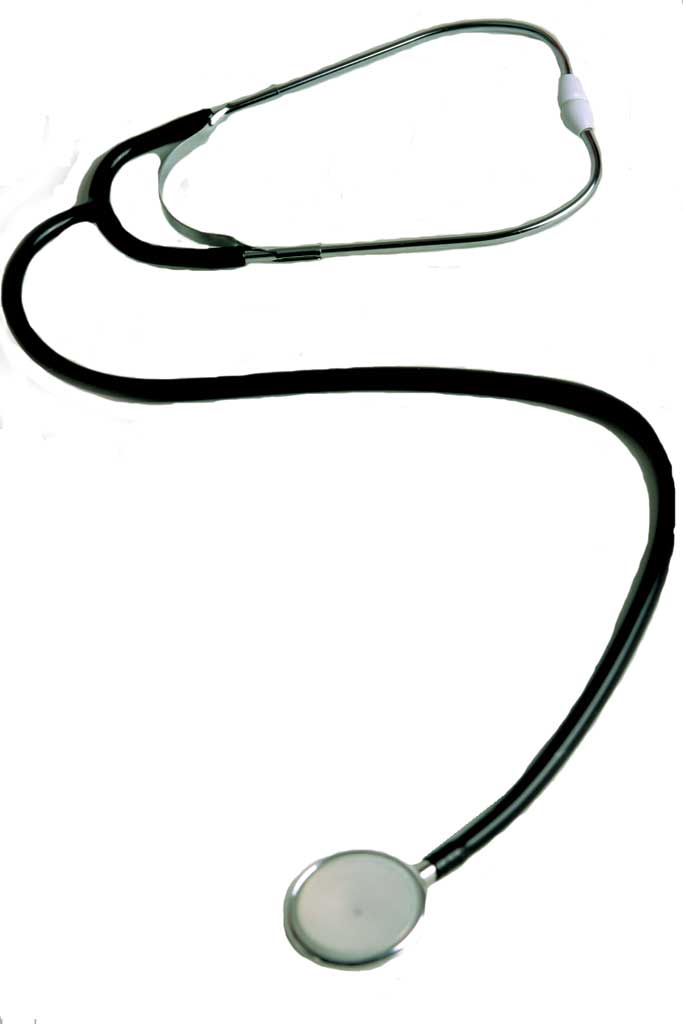By Jennifer Turkish, M.D.
It is important to note during March, National Colorectal Cancer Awareness Month, that cancer of the colon and rectum is the second deadliest cancer among U.S. adults, and recently there has been a sharp rise in colorectal cancer cases among adults younger than age 55.
In response, the American Cancer Society (ACS) issued new guidelines in 2018 for colorectal cancer screening. The guidelines direct people at average risk for colorectal cancer to begin receiving screenings at age 45 instead of age 50. People at high risk, including those with a personal history of colorectal cancer, having noncancerous polyps (growths), inflammatory bowel disease, or a strong family history of colorectal cancer could receive screenings even earlier, as recommended by their health care provider.
Screening can find colorectal cancer at an early stage, when it may be easier to treat. Even better, screening may prevent the cancer from developing by finding and removing polyps. After reviewing research on colorectal cancer screening, ACS experts found that lowering the starting age to 45 could save additional lives. Not all organizations have updated their guidelines, however. The U.S. Preventive Services Task Force still recommends a starting age of 50.
Several tests may be used to screen for colorectal cancer. They can be divided into two broad categories: tests that look for signs of cancer in your stool, and visual exams of your colon and rectum using a viewing scope (colonoscopy) or CT scan (virtual colonoscopy). Stool testing is typically done annually to every three years and visual exams every five to 10 years.
If you’re age 45 or older, or if you’re younger but in a high-risk group, talk with your health care provider about getting screened for colorectal cancer. Also, check with your health insurance plan about your coverage for the screening. That’s especially important if you haven’t turned 50 yet.
Each screening test has different pros and cons. Ask your provider for guidance on choosing the right one for you. And don’t put off this crucial conversation. When it comes to finding colorectal cancer, sooner is much better than later.
Board certified family medicine physician Jennifer Turkish, M.D., is part of Hackensack Meridian Health Medical Group Primary Care, located in Suite 200, 3 Hospital Plaza, Raritan Bay Medical Center-Old Bridge. To schedule an appointment, call 732-360-4085.

